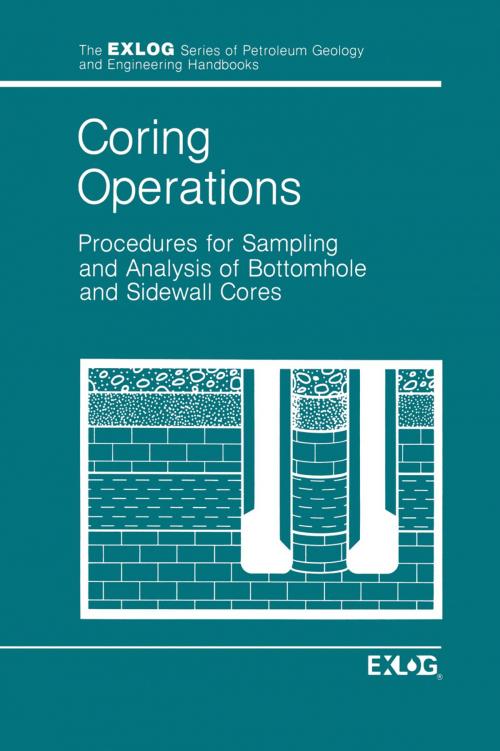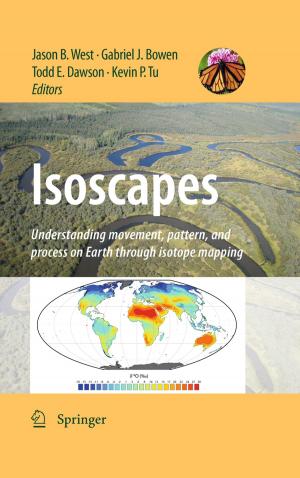Coring Operations
Procedures for Sampling and Analysis of Bottomhole and Sidewell Cores
Nonfiction, Science & Nature, Science, Earth Sciences, Geology| Author: | EXLOG/Whittaker | ISBN: | 9789400953574 |
| Publisher: | Springer Netherlands | Publication: | December 6, 2012 |
| Imprint: | Springer | Language: | English |
| Author: | EXLOG/Whittaker |
| ISBN: | 9789400953574 |
| Publisher: | Springer Netherlands |
| Publication: | December 6, 2012 |
| Imprint: | Springer |
| Language: | English |
This coring operations reference handbook is intended as a practical guide for the logging geologist to procedures, activities, and responsibilities required when bottomhole or sidewall coring is performed at the wellsite. Not all of the operations described are common practice in all logging units; however, familiarity with them is a necessary part of general ex ploration knowledge and professionalism. Chapter 1 discusses the concepts of porosity, permeability, and saturation, how these properties are determined in core analysis, and their significance in controlling rest:rvoir performance. Chapter 2 deals with the various techniques used in coring. Chapter 3 ex plains the routine role of the logging geologist in core retrieval, sampling, and qualitative evaluation. Chapter 4 details operating procedures for quantitative wellsite core analysis equipment. 1 INTRODUCTION 1. 1 GENERAL 1. 2 QUANTITATIVE CORE ANALYSIS The primary purpose of coring is to obtain rock samples of a sufficient size to obtain estimates of critical reservoir properties.
This coring operations reference handbook is intended as a practical guide for the logging geologist to procedures, activities, and responsibilities required when bottomhole or sidewall coring is performed at the wellsite. Not all of the operations described are common practice in all logging units; however, familiarity with them is a necessary part of general ex ploration knowledge and professionalism. Chapter 1 discusses the concepts of porosity, permeability, and saturation, how these properties are determined in core analysis, and their significance in controlling rest:rvoir performance. Chapter 2 deals with the various techniques used in coring. Chapter 3 ex plains the routine role of the logging geologist in core retrieval, sampling, and qualitative evaluation. Chapter 4 details operating procedures for quantitative wellsite core analysis equipment. 1 INTRODUCTION 1. 1 GENERAL 1. 2 QUANTITATIVE CORE ANALYSIS The primary purpose of coring is to obtain rock samples of a sufficient size to obtain estimates of critical reservoir properties.















